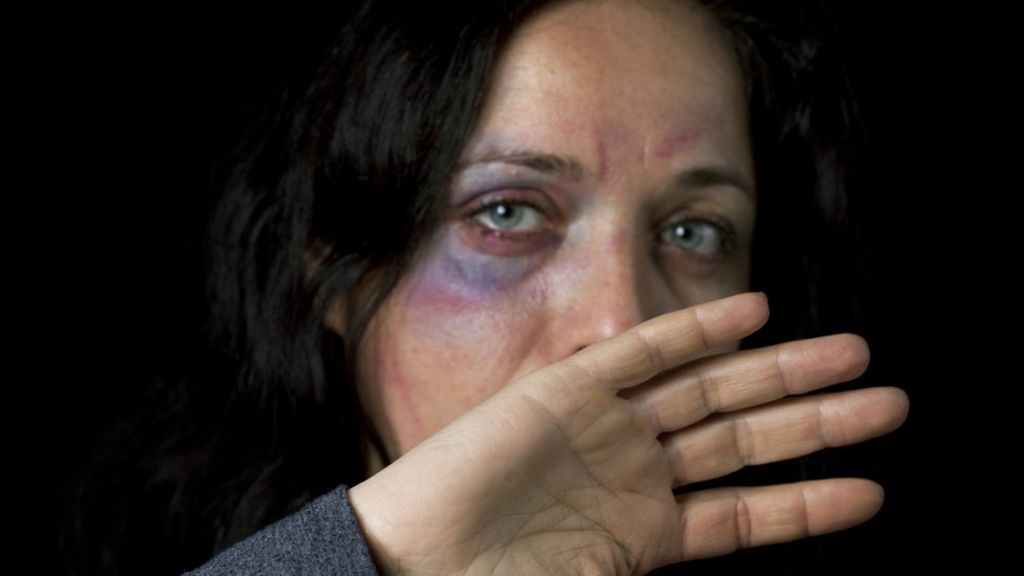There is proper treatment for trauma victims. Also, they don’t have to live with unresolved trauma. Unresolved trauma can follow us throughout life.
 Trauma imprints on our mind and body for an extended time. But in some cases, it is observed that many people forget about traumatic episodes from their past. Nonetheless, that trauma has an impact on our actions for the rest of our lives. Unresolved trauma affects us in many ways as we respond to life circumstances with fear, phobias, stress, low self-esteem, and many more emotional responses, and physical illnesses.
Trauma imprints on our mind and body for an extended time. But in some cases, it is observed that many people forget about traumatic episodes from their past. Nonetheless, that trauma has an impact on our actions for the rest of our lives. Unresolved trauma affects us in many ways as we respond to life circumstances with fear, phobias, stress, low self-esteem, and many more emotional responses, and physical illnesses.
Our many habits are developed from our childhood experiences and into our adulthood. If we have had a traumatic childhood, then it follows us into adulthood.
We could think that we had a perfect childhood, but in reality, you just forgot your trauma. Yet, your body didn’t forget. And it demonstrates a clear impact on your physical and psychological state of mind when in adulthood, if not at an earlier young age, like in your teens.
For example, one of my friends lost her parents in her young childhood. At that tender age, she faced the trauma of losing her parents. Whenever she remembers those emotions, she suddenly goes into a daydreaming state due to that emotional stress.
That’s when her psychologist realized that whenever she feels the emotional stress associated with the loss of her parents, she falls asleep for up to 2 to 5 minutes.
Through hypnosis, they were able to determine that this action occurs when she gets herself in a stressful position, remembering her parent’s death.
To divert that feeling, she suddenly slept so that her mind adapts that action and repeats it whenever needed.
Chronic Depression
In this situation, the person seems to be affected by the pain which he endures in their antiquity and it imprints in the patient’s mind as an emotionally traumatic incident, whenever he is targeted on that particular body part unless he is cured of that pain or disease he/she still feels that pain because in the past it was very hard to endure.
Nightmares
A person who is dealing with this situation often sees horrifying, disturbing nightmares regarding this traumatic event. He may face sleeping disorders or restlessness during the whole day. This person could be afraid of going to sleep. If this is happening, please get help. Things could get much worse.
Hypersensitive
A patient who suffers from any traumatic event may become quite hypersensitive towards their relationships, social bonds, friends, family, and could look like a typical attention seeker.
If you suffer from traumatic hypersensitivity, you might not understand what is happening. You know you are being irrational, and you might ask, “What is happing to me?” Please get some help or talk to others who understand exactly what you are going through. Join a support group. Get some help.
Anger Issues
The most common cause in anger issues is an increase in aggression level that disturbs your social circle. And you can act violently when this kind of response doesn’t really make sense. You may not notice your behavior, but you can hurt many precious loved ones and friends. Why are you so angry? Talk to somebody. GET HELP!
Look within yourself. You can make up anything that makes you feel better. You could justify, lie to yourself, but look deep inside and find out what is going on. I would get so mad and angry. I could have hurt somebody. Believe me, you could hurt somebody. You will regret it. it could also be your own child. Sad, right?
Feeling Isolated or Lonely
In this situation, you might feel like no one loves or cares about you. You could think, “They don’t even know that I exist.” So, you want to isolate and avoid social gatherings. You feel that your presence is an imposition among other people. Please get help.
Panic Attacks
Panic attacks are the most disturbing situation. You will have a hard time trying to sidestep this situation easily. Some of the simple ways to get rid of panic attacks are meditation, breathing exercises, and increasing your willpower. Get into yoga or similar types of soul connection groups.
Having Suicidal Thoughts
Danger! Danger! That’s one of the most dangerous situations. It impairs your thinking power and can lead you to end your life. This is definitely not the answer. STOP!!
In my opinion, one who is suffering from unresolved trauma must seek out expert advice.
Not to waste time thinking about how to resolve this on your own. Because if it exceeds the acute level, it can destroy us, and all who love and depend on us. I wanted to try this at one time. I had my kids, and I thought, “Who was going to finish raising them?” They had nobody, and the trauma they would have suffered would have been devastating for my children. How selfish of me!
Please get help.
Talk to an expert and call upon your spirit guides and angels.
Many blessings to you.








